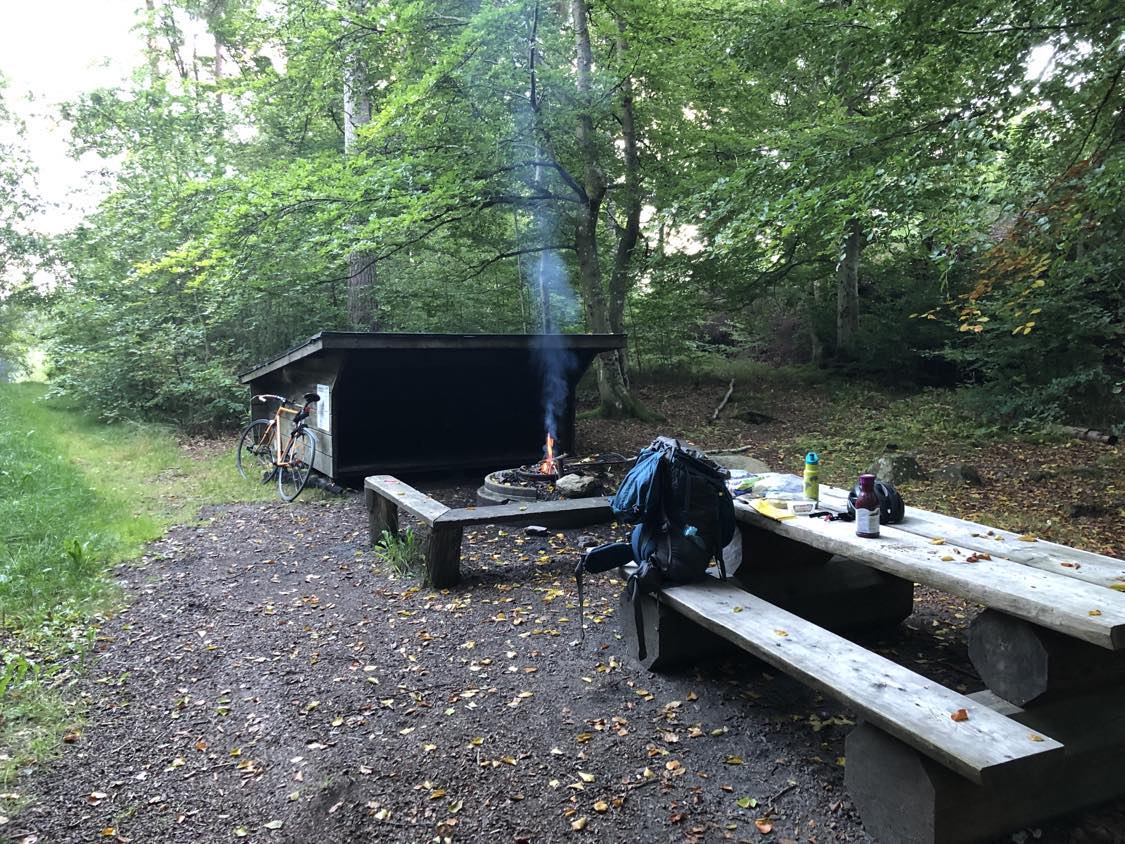Rasmus Christensen's Semester Abroad in Växjö, Sweden
By Rasmus Christensen.

I have just returned from a wonderful and rewarding stay at the Center for Concurrences in Colonial and Postcolonial Studies at Linnaeus University in Växjö, Sweden. During my stay, I was welcomed into the kind and accommodating group of Global Humanities PhD students. Sharing a little, cozy office with a bunch of lively, supporting, and committed students approximately at the same stage in their projects, I found myself in a unique setting I could only wish every PhD student to have. On top of this, the rest of the staff did everything they could to make me feel part of the Center during my stay.
As part of my stay, I also had the opportunity to participate in various events, showing the international and active capacity of the Center. With visiting researchers from various fields from all over the world and regular seminars and workshops with external researchers, this is clearly an active and important research community when it comes to research on colonial and post-colonial matters both in historical and contemporary contexts. I was also kindly invited to present my own project at the biweekly Global Humanities PhD seminar.
In terms of my own research, I had plenty of time to dive into the lengthy governmental records of the former Danish West Indies (today, the US Virgin Islands). The plan was to go through as much local correspondence as possible in order to locate any mentions of the use of local natural resources (especially marine resources), scarcity of food provisions, and measures taken after times of crisis, such as hurricanes. However, the outcome turned out not to be as I hoped. Just after a few pages, I got the gnawing feeling that I would not find what I was looking for, and that proved to be the case even after several hundred pages. As I have experienced when going through other archival records, local administrators rarely commented explicitly on their natural environment. This forces me to rethink some of the ways in which I intend to study the relationship between the environment and society in this context. While this proved to be disappointing, I had more luck searching for records about hurricanes. I located a couple of boxes containing material only about hurricanes from 1772-1848 and the ways in which the Danish colonial government handled their aftermaths. I am certain that there is enough material in these boxes from which to lay the foundation of one chapter in my dissertation. So, in terms of my research, the stay at Linnaeus proved to be a major turning point in terms of how my dissertation will turn out.
Apart from the academic aspects of the stay, I took the opportunity to experience the warm and mild early autumn in the beautiful Swedish landscape firsthand by spending a few nights in a “vindskydd” in a nature preserve right next to campus (see picture). With the sound of the wind gently whistling in the leafy canopy, the quiet crackling of the campfire, and the nearby grazing cows lowing in company with the setting sun, this was the perfect contrast to the attention-demanding work with the archival sources. This and everything else made my stay in Växjö a memorable experience that I am very grateful for.
